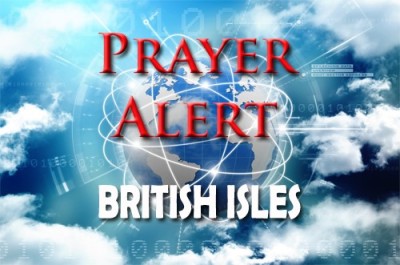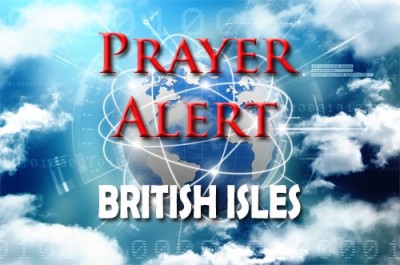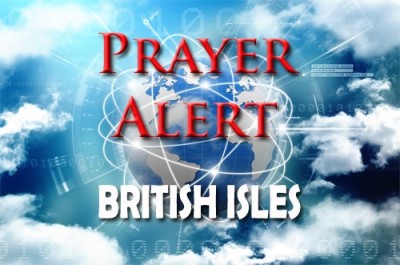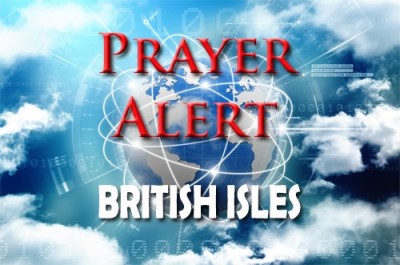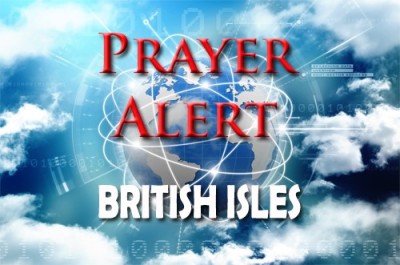A resolution to Birmingham’s ongoing bin strike may be near, as the conciliation service Acas is set to join negotiations for the first time. The dispute, led by over 350 members of the Unite union, began on 11 March over pay concerns and threats of job and salary cuts, resulting in thousands of tonnes of uncollected rubbish and public health warnings across the city. Unite’s general secretary Sharon Graham stated that while a deal is 'in touching distance’, the city council has been inconsistent in its public versus private positions. The union has tabled workable proposals, but insists the council must now act decisively. Earlier this month, workers overwhelmingly rejected a revised offer, saying it failed to prevent potential pay cuts for 200 drivers. Meanwhile, the Government deployed military planners and additional support to clear an estimated 26,000 tonnes of waste. Communities minister Jim McMahon confirmed levels are now 'approaching normal’. Talks continue, with both sides under pressure to resolve the dispute swiftly to restore services and public confidence in the city’s leadership.
Leading UK charities are urging Keir Starmer to urgently scrap the two-child benefit cap, warning it could push child poverty to record levels by the end of this parliament. A letter signed by organisations such as Barnardo’s, Save the Children, and Citizens Advice has told the Government that removing the cap is the most cost-effective measure to reduce poverty. The two-child limit, introduced in 2017, restricts child tax credits and universal credit to the first two children in most households. Critics argue this penalises larger families and disproportionately affects low-income homes. The End Child Poverty Coalition predicts the long-awaited child poverty strategy may not appear until June, while the Child Poverty Action Group estimates child poverty could rise from 4.5 million to 4.8 million children by 2029. Scrapping the limit could lift 350,000 children out of poverty overnight and lessen the severity for 700,000 more. While the Scottish government has pledged to mitigate the policy, nationwide reform remains uncertain and urgently needed.
The Royal Navy’s flagship, HMS Prince of Wales, has set sail from Portsmouth for an eight-month mission to the Far East as part of Operation Highmast, a major multinational military deployment. Leading a strike group composed of British, Canadian, and Norwegian warships, the carrier will demonstrate the UK's naval strength, support global trade routes, and affirm alliances in the Indo-Pacific region. While the Ministry of Defence has not confirmed whether the fleet will pass through the contested Taiwan Strait, the mission comes amid rising tensions with China over Taiwan and territorial claims in the South China Sea. Commodore James Blackmore affirmed that the task force is prepared for all eventualities and seeks to deter threats through presence and readiness. Families gathered to bid farewell to the 2,500 service members on board. The deployment also serves diplomatic, economic, and symbolic purposes: supporting NATO, promoting UK exports, and showcasing national defence capabilities. This show of force, blending strategy with solidarity, reflects the UK’s commitment to peace, stability, and the rules-based international order.
The UK is nearing a pivotal defence and trade agreement with the EU that could grant British arms companies access to a €150 billion European defence fund. In return, Keir Starmer’s government appears ready to concede on fishing rights - an issue that has stirred strong domestic opposition. The arrangement includes freezing fishing quotas and moving to a multi-year deal, rather than annual negotiations, in exchange for wider EU market access for UK defence firms. Critics argue this trade-off risks sacrificing the UK fishing industry’s post-Brexit gains. The National Federation of Fishermen’s Organisations has labelled the deal 'neocolonial’, with significant UK quotas already owned by foreign boats. Still, the economic contrast is stark: defence exports total £14.5 billion annually, compared to £1.7 billion in fish sales. The summit on 19 May is expected to formalise broader EU cooperation, including defence partnerships, dynamic alignment on food standards and emissions, and a debated youth mobility scheme. Starmer insists these moves are strategic steps toward global stability, security, and economic resilience amidst growing international challenges.
A new NHS review has revealed that an estimated 404,000 people in England suffer from Myalgic Encephalomyelitis (ME), or Chronic Fatigue Syndrome - a 62% increase from previous figures. The condition disproportionately affects middle-aged women, who are six times more likely to be diagnosed than men, and shows stark disparities across regions and ethnic groups. White individuals are nearly five times more likely to be diagnosed, and in many deprived areas, ME is underdiagnosed or entirely unrecorded. The condition, characterised by post-exertional malaise, brain fog, pain, and exhaustion, has long been misunderstood and underfunded. A national review was prompted by the 2021 death of 27-year-old Maeve Boothby O’Neill, who was left malnourished and unable to speak after years of medical neglect. Her case led to a coroner's unprecedented 'prevention of future deaths' report, demanding urgent reforms in ME care and research. Medical experts and charities are calling for improved training, diagnostic tools, and funding to address this silent health crisis. The NHS, NICE, and government-backed bodies are now reassessing care standards, research, and education for ME across the UK.
Ukraine: Trump’s one-sided peace proposal
24 Apr 2025The USA has presented Ukraine with a controversial one-page peace framework, described as Donald Trump’s ‘final offer’, which would grant significant concessions to Russia, including recognition of its occupation of Crimea and of territories which it has captured since the war began. In exchange, Ukraine would receive vague security guarantees, economic aid, and partial territorial returns. The plan also proposes that the USA would operate Ukraine’s Zaporizhzha nuclear plant and distribute its electricity output between the two countries. Sources say Kyiv views the proposal as heavily skewed in Moscow’s favour. Trump’s envoy, Steve Witkoff, drafted the deal after a lengthy meeting with Putin, who has shown interest in freezing current battle lines. However, European leaders remain skeptical of Putin’s sincerity, and critics argue that the deal sacrifices core Ukrainian interests for political expediency. Volodymyr Zelensky has drawn further harsh criticism from Trump for refusing to countenance the loss of Crimea: see The war continues, with the worst Russian attack on Kyiv in months: see
EU imposes fines on two US firms
24 Apr 2025The EU has fined Apple €500 million and Meta €200 million under the Digital Markets Act (DMA), its first enforcement action against Big Tech under the new law. Apple was penalised for limiting access to alternative apps, while Meta’s ‘consent or pay’ model for data usage was deemed to offer users inadequate choice. Both firms have reacted angrily, with Apple accusing the EU of endangering user privacy, and Meta claiming it is being unfairly targeted compared to European and Chinese companies. Though these are relatively small fines for these tech giants, the move signals the EU’s intent to hold even powerful firms accountable. Experts see the ruling as a test of sovereignty in digital regulation, but US firms argue that the EU is unfairly shaping their business models. US-EU tensions are mounting, especially after Donald Trump’s recent tariffs on European goods. The UK and other nations are launching parallel investigations into monopolistic practices.
Catholic Church: after Francis, who?
24 Apr 2025As preparations are made for Pope Francis’s funeral, there is already much speculation about who might succeed him, a risky process as supposed ‘front-runners’ are seldom elected. Also, Francis’ appointments of many new cardinals have complicated analysis. Among possible contenders are Pierbattista Pizzaballa, a Middle East expert with minimal ties to Vatican politics, and Pietro Parolin, the Vatican’s secretary of state, a seasoned diplomat known for fostering relations with China and Vietnam. From Africa, Fridolin Ambongo was a close advisor to Francis, though he is conservative on key issues. Luis Antonio Tagle of the Philippines, dubbed the ‘Asian Francis’, is pastoral and inclusive, while Matteo Zuppi of Italy has been active in peace efforts and LGBTQ+ pastoral outreach. Conservative voices back Peter Erdo of Hungary, known for his scholarly and traditionalist stance. Lastly, Anders Arborelius, Sweden’s first cardinal, advocates unity in a polarised world while defending traditional doctrine. The choice will reflect whether the Church wishes to continue Francis’ legacy or change direction.
